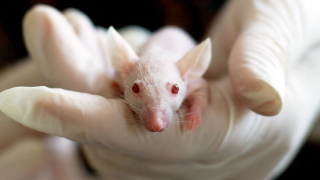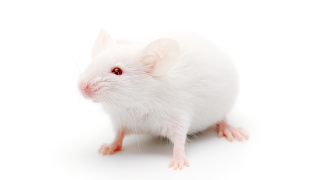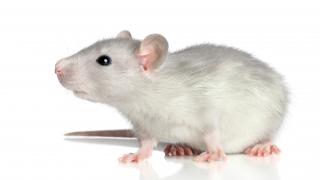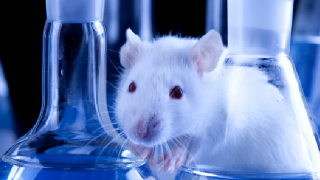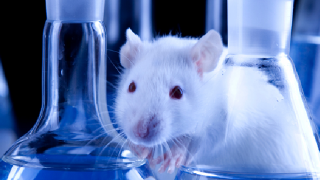European Ombudsman investigates our complaint over delays in adopting alternatives to animal tests
The European Ombudsman is looking in to our complaint about the length of time it takes for the European Commission to adopt non-animal tests for assessing the safety of chemicals.
We believe that the Commission takes too long to add alternatives to animal tests or tests that involve fewer animals and inflict less suffering, to its list of tests used to judge whether a chemical is safe.
The long delays mean that animals are being used unnecessarily to find information required by EU law.
Dr Jarrod Bailey, Senior Research Scientist at Cruelty Free International, said: “Before they can be used, alternative methods to animal testing are thoroughly assessed, validated, and finally approved for use, so that scientists and regulators can be confident that they work. On average there are currently 4-year delays between validation and it being included in EU regulation, which is unacceptable.”
Our complaint includes several examples of very long delays. One alternative test was approved over 16 years ago but still isn’t included in EU regulation. Other tests that take years to be adopted include new and revised ways of replacing rabbits used in eye irritation tests, and new tests to replace guinea pigs and mice for skin allergy experiments.
The Ombudsman is now asking the Commission to explain why it is failing to update the regulation more quickly. A reply is expected before the end of July.
More news on Chemicals
UK REACH
Ending animal testing for chemicals in the UK
EU REACH
Europe’s largest animal testing programme
Save the dogs
subtitle: Help us stop the use of dogs in experiments
Ending toxicity testing on dogs and monkeys
subtitle: Help us end the use of dogs and monkeys in experiments
End the trade in primates
subtitle: Thousands of monkeys are traded globally for research
The MAP Campaign
subtitle: Make Alternatives a Priority in the US
Replace Animal Tests: The RAT List
subtitle: 10 animal tests that should be replaced
10 animal tests that should be replaced
Replace Animal Tests: The UK RAT List
subtitle: 5 animal tests that should be replaced
5 animal tests that should be replaced
Make Their Voice Count
subtitle: Pledge to #MakeTheirVoiceCount in this administration.
Animals don’t speak our language, but that doesn’t mean they don’t have anything to say.
Global Cosmetics Campaign
subtitle: Ending cosmetics testing around the world
Making North America cruelty free
subtitle: Ending animal testing for cosmetics in North America
Help us #SendSurvivorsHome by supporting the CARE Act
subtitle: Ask your US Representative to support the CARE Act.
Over 200,000 dogs, cats, and rabbits are used in experiments each year in the United States. The Companion Animal Release from Experiments (CARE) Act will ensure that dogs, cats, and rabbits are placed in loving homes

